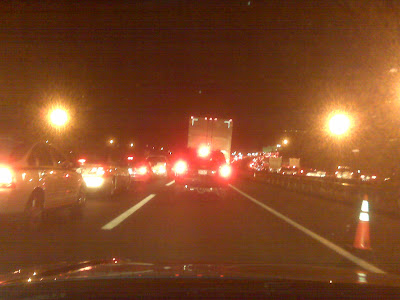This whole process is secret, meaning that if I received Juancito’s name in my little paper, then Juancito won’t know that I am his “Secret Santa” until I give him the final gift on a day that is agreed among all of the participants. There can be two ways to play this:
- The game lasts for a couple of weeks, in which people are expected to give “small gifts” constantly, until the last day of the game in which people give the “final gift”, and at that moment they reveal themselves to the “receiver” as their Secret Santa.
- The first stage of the game with the “small gifts” can be skipped, and people only buy one “final gift” revealing their identities as well in that very same moment of handing out their gifts.
Now the big question is how much will you spend. As we have seen during all these posts, you as a rational consumer will think in the following way: you have to spend some money to buy a gift, and you are going to receive a gift back. Now, we assumed that there is a fixed utility from playing in the game (see previous paragraph), so now what is left is another computation: you will spend as much money in buying a gift for other person such that the utility that you will get from receiving the gift that they are going to buy you is equal or higher than what you could have bought for yourself with the money you are spending. That was long, let me rephrase it. Say that you know with certainty that you will receive a collection car that will raise your utility by 100 units (utility units have no meaning and it is just for the sake of the example). So, the money you will spend will be equal or less than what you need to consume something else that will raise your utility by 100 units or less. Meaning that if you decide to spend $20 dollars, it is because those $20 when you consume them in any other thing (restaurants, movies, etc) it will raise your utility by 100 units or less. Otherwise, you will spend less than $20 in your Secret Santa gift.
This formula becomes more complicated if you don’t know with certainty what the gift you will receive is - which is usually the case – because you don’t know who is buying it. So at this point, you will have to see the distribution across the members of your group, and only then your decision will be based in the expected value of the gift you are going to receive.
How can you know then what is the expected value? Well, if you know the persons you are playing with, then you can think about how wealthy or not they are or how much “givers” they are. If they usually invite you for a drink, or even for lunch once in a while, this means that the expected value of the gift you may receive goes up. If people are not like that, then you will lower the quantity you are willing to spend.
So this scenario involves risk. By buying a gift you are taking the risk that at the end your utility will remain at least at the level it was before entering the game. A very risk averse person will always buy cheap gifts (even below the expected value of the gift he may received), because he prefers to cover his back and not spend too much money since he might get the bad gift. A risk lover person will be happy to play Secret Santa. The interesting issue is that this games appears to be consistent with individuals that show Decreasing Absolute Risk Aversion (DARA) – the wealthier you are, the more you can run the risk of buying a more expensive gift without your utility being hurt so much (if you have a lot of money and you received a bad gift, you can go afterwards to the mall and buy anything else to compensate for that).
So, this situation appears to show a “market” with failures. As any other markets, there have been “regulations” trying to solve the incompleteness of the information:
- One possible regulation is the “small gifts” and “final gift” mode of the game. By making people give small gifts during a couple of weeks before you decide how much to spend in the final gift you may get more information about the expected value of the final gift. However, this system is problematic. Your expected value is being affected by the person who is giving you the small gifts. If, for instance, you are receiving crappy gifts (if any) and you decide to buy a bad final gift you may be punishing a person who gave good gifts along the way. This is not fair. Again, if the game is composed by risk averse individuals, all gifts will be bad.
- A second one is to establish a spending range or limit for the “final gift”. This is clearly an expected value. Is an average in terms of price of what is going to be the gift you are going to receive. Clearly, this helps a lot, but if it is not mandatory it still leaves some space to uncertainty.
Happy Holidays!



















